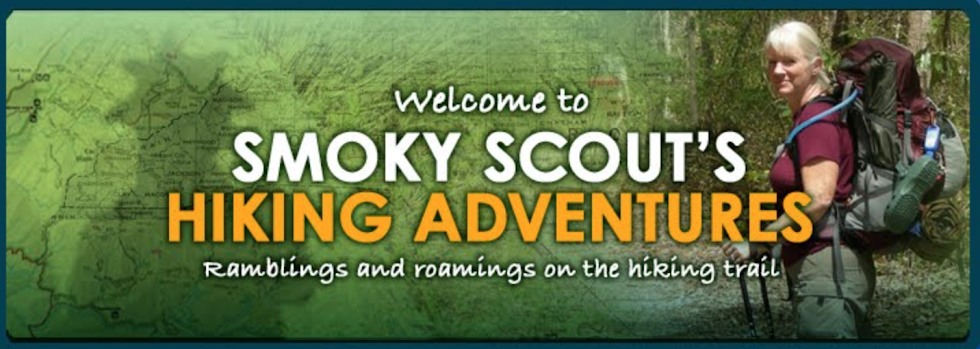Cumberland Island National Seashore – 2/18/18 – 10.2 Miles
A second night of Jim’s deflating sleeping pad was made
worse by tired bodies and itchy bug bites.
The last straw came when I tried to get out of the tent to pee and fell
sideways, bending both my left knee and a tent pole beyond their limits. We spent the rest of the night bivvy style, with
the tent walls 3 inches from our faces. [Note: sent the poles to Big Agnes, they repaired them, sent them back, charged me $3.)
Bugs wake up early, too.
We all agreed that while Cumberland Island is awesome, we’d had
enough adversity for this outing. Instead of staying our third night at
Stafford Beach Camp, we decided to hike back to the ranger station and try to
get on the 4:30 p.m. ferry back to St. Mary’s.
Would there be room on the ferry?
We would beg for mercy. If they
couldn’t take us, we’d stealth camp somewhere at Sea Camp Beach (we’d seen
empty campsites, maybe some folks didn’t show up) and catch our scheduled ferry
for Monday morning.
What we missed by cutting a day short: exploring the north
end of the island, the Settlement area created by former African-American
slaves, the First African Baptist Church that they established, and perhaps getting
a look at Carol Ruckdeschel’s house. [Note:
When I return to Cumberland Island, I’ll book one of the all-day Land
and Legacy tours to visit the north end.]
So…we’ve learned that flat miles are not necessarily fast
and the ferry dock is 10 miles away. We didn’t have to run but our chances of
getting on the ferry were best if we were early, so we walked along the main
road. As always, there’s lots to see if
you just look (no alligators, though).
We walked by another Carnegie estate, Stafford Mansion,
built in 1901 by Lucy Carnegie for her son William, on a plantation owned in the 19th century
by Robert Stafford. Old Man Stafford’s estate grew cotton through the labor of
nearly 150 slaves. (The buildings he established
are long gone.) The Carnegie mansion is
still privately owned by a family descendant, but you can rent it on VRBO for
$400 per night, outdoor shower and toilet included…
Directly across the road is a wide open, flat-as-a-pancake
field that the Carnegies made into a golf course and is now an airstrip. You know, so you can easily get to the mansion
with the outdoor shower and toilet.
On the main road a short distance south of the mansion, we
stopped for a break at the Stafford Cemetery – again, not for long because the
no-see-ums were swarming with a vengeance. Seashells are embedded in the cemetery walls. Robert
Stafford is buried here along with his mother and sister. He never married, but he did father eight children
with two of his slaves. Read more about the cemetery here.
Cathy and Mike turned left on the road to Stafford Beach, to
check out the campsite we were skipping and to walk along the shore looking for
seashells. Jim and I continued to grind
out the miles to the ranger station.
We reached the ranger station at 1:30 p.m. and I had to rub
my eyes to see clearly: is that a
ferry?? Why, yes, IT IS! Turns out that,
in addition to the morning and late afternoon ferries, there was a mid-day
ferry because of the holiday weekend (President’s Day) and…it leaves for St.
Mary’s at 2:30!!! AND…we can get on it!!
My apologies for yelling, but this was good news on the level of winning
a lottery.
There’s the ferry!
Jim and I settled into rocking chairs on the visitor center
porch. The light breeze helped keep the
bugs at bay. I noticed a little brown
dot moving on Jim’s leg: uh-oh, a deer tick. He started inspecting and found
three more. (I found two on myself after
we got back to Charlotte.) Deer ticks
are carriers of lyme disease, which can lead to lifelong illness if not treated
quickly. Aaaarrrggghhh…..
Will Cathy and Mike make it back in time for the ferry?
Yes, and with pockets full of seashells.
So goodbye to Cumberland Island, an experience that in
hindsight I learned a lot from and would still recommend with precautions. The human history is fascinating, but the real
story is the ecological importance of barrier islands and how easily the balance is upset by humans. Even a guided tour
in a vehicle has an impact that is contested because of wilderness designations,
but I believe it is a good way to see and learn about this unique place.
“Every adventure is worthwhile.” ~Amelia Earheart












No comments:
Post a Comment